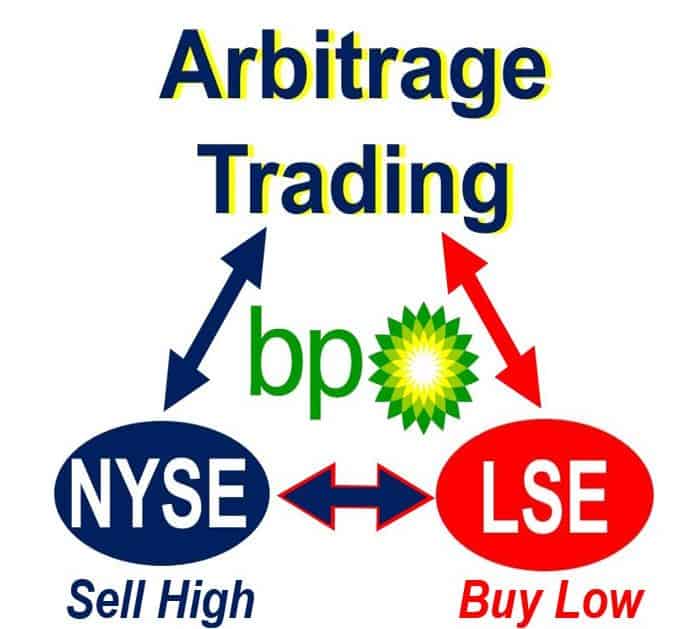
Exploring the Dynamics of Financial Arbitrage
Understanding Arbitrage
Arbitrage, a term often heard in the realm of finance, refers to the practice of exploiting price differences in different markets to secure a profit. This strategy capitalizes on inefficiencies in pricing, allowing traders and investors to buy low in one market and sell high in another.
The Concept of Risk-Free Profit
One of the key attractions of arbitrage is its potential for risk-free profit. In an ideal scenario, arbitrageurs can execute trades without exposing themselves to market risk. By simultaneously buying and selling assets at favorable prices, arbitrageurs aim to lock in guaranteed profits, regardless of market fluctuations.
Types of Arbitrage
Arbitrage opportunities can manifest in various forms across different markets. One common type is spatial arbitrage, which involves exploiting price differences between geographically distant markets. Another type is temporal arbitrage, where traders capitalize on price variations over time, such as discrepancies between futures and spot prices.
Arbitrage in Practice
In practice, executing successful arbitrage trades requires speed, precision, and access to relevant market information. Traders must carefully analyze market conditions, monitor price movements in real-time, and swiftly execute trades to capitalize on fleeting opportunities.
Challenges and Risks
While arbitrage offers the promise of risk-free profits, it is not without its challenges and risks. Market inefficiencies may be short-lived, requiring arbitrageurs to act quickly to seize opportunities. Moreover, transaction costs, liquidity constraints, and regulatory considerations can impact the feasibility and profitability of arbitrage strategies.
The Role of Technology
Advancements in technology have transformed the landscape of arbitrage trading. High-frequency trading algorithms, sophisticated trading platforms, and direct market access have enabled arbitrageurs to execute trades with unprecedented speed and efficiency. However, technological advancements have also heightened competition and reduced profit margins in some arbitrage markets.
Arbitrage and Market Efficiency
The presence of arbitrageurs in financial markets plays a crucial role in promoting market efficiency. By exploiting price discrepancies and arbitrage opportunities, traders help to align prices across different markets, reducing inefficiencies and enhancing market transparency. However, persistent arbitrage opportunities can also indicate market inefficiencies or structural flaws.
Global Arbitrage Opportunities
Arbitrage opportunities are not limited to domestic markets but can also extend to international markets. Global arbitrageurs capitalize on differences in asset prices, interest rates, and exchange rates between countries to generate profits. However, international arbitrage also introduces additional complexities, such as currency risk and geopolitical factors.
Arbitrage Strategies
Arbitrage strategies can vary widely depending on market conditions, asset classes, and investor preferences. Common arbitrage strategies include merger arbitrage, convertible arbitrage, and statistical arbitrage. Each strategy entails its own set of risks and requires specialized knowledge and expertise for successful implementation.
The Future of Arbitrage
As financial markets continue to evolve, the future of arbitrage remains dynamic and uncertain. Technological innovations, regulatory developments, and shifts in market dynamics will shape the landscape of arbitrage trading. Despite challenges and risks, arbitrage will likely remain a valuable tool for traders and investors seeking to capitalize on market inefficiencies and generate consistent returns. Read more about Arbitrage














